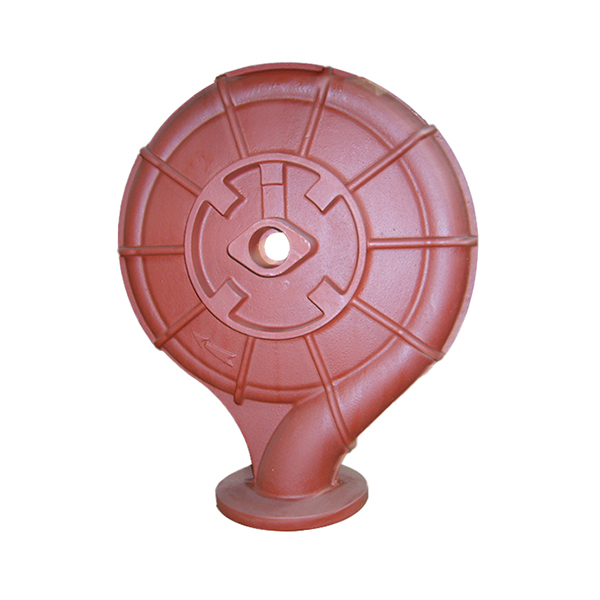Mobile:+86-311-808-126-83
Email:info@ydcastings.com
Casting Techniques for Pump Impellers in Manufacturing and Design
Understanding Pump Impeller Casting A Key Component in Fluid Dynamics
Pump impellers are critical components in the world of fluid dynamics, playing a vital role in transporting liquids in various industrial applications. Their effective design and construction can significantly influence the efficiency and performance of a pumping system. Among the various manufacturing techniques available, casting has emerged as a preferred method for producing high-quality pump impellers. This article explores the process of pump impeller casting, its advantages, and its applications in the industry.
The Casting Process
Casting is a manufacturing process that involves pouring liquid material into a mold, allowing it to solidify into the desired shape. The use of casting for pump impellers involves several steps. Initially, a mold is created, often from sand or metal, which is shaped to form the impeller's intricate design. Once the mold is ready, molten metal, commonly made from aluminum, bronze, or ductile iron, is poured into the mold cavity.
After the metal solidifies, the mold is removed, and the cast impeller is inspected and cleaned. Additional processes such as machining may follow to ensure that the impeller meets specific dimensional tolerances and surface finish requirements. This combination of precision and quality control is essential, as even minor imperfections can impact the impeller's performance.
Advantages of Casting for Impeller Production
One of the primary advantages of casting pump impellers is the ability to produce complex geometries that optimize fluid flow. Impellers often have intricate designs with blades that need to be perfectly shaped to maximize efficiency. Casting allows for the creation of such detailed structures, which would be difficult or impossible to achieve through other manufacturing methods, such as forging or machining.
pump impeller casting

Moreover, casting can accommodate large-scale production runs. Once the initial mold is created, producing multiple impellers becomes a straightforward process, leading to cost efficiencies. Additionally, the material properties achieved through casting, especially with metals, can yield high strength and durability, which are essential for pump applications that involve high pressures and wear over time.
Applications of Pump Impellers in Industry
Pump impellers are widely used across various sectors, including water treatment facilities, oil and gas, chemical processing, and HVAC systems. In water treatment plants, impellers facilitate the movement of water through filtration and purification processes. In the oil and gas industry, they help in the transportation of crude oil and refined products through pipelines.
In chemical processing, pump impellers are equipped to handle corrosive substances, ensuring safe and efficient operation. Additionally, HVAC systems rely on impellers to circulate air and maintain optimal climate control in buildings.
Future Trends in Pump Impeller Casting
As industries continue to evolve, the demand for more efficient and sustainable pumping solutions is increasing. Future trends in pump impeller casting may include the use of advanced materials, such as composites and lightweight alloys, which can enhance performance and reduce energy consumption. Moreover, advancements in 3D printing technologies are beginning to influence casting methods, allowing for rapid prototyping and customization of impeller designs.
In conclusion, pump impeller casting is an indispensable aspect of modern fluid transport systems. Through its ability to produce intricate designs with high durability and efficiency, casting remains a preferred method for manufacturing impellers across various industries. As technological innovations continue to shape the future of manufacturing, the casting process is likely to see further improvements, enhancing the performance and reliability of pump systems worldwide. Understanding and investing in these technologies will be critical for industries aiming to optimize their fluid handling capabilities and maintain a competitive edge.
-
Why Should You Invest in Superior Pump Castings for Your Equipment?NewsJun.09,2025
-
Unlock Performance Potential with Stainless Impellers and Aluminum End CapsNewsJun.09,2025
-
Revolutionize Your Machinery with Superior Cast Iron and Aluminum ComponentsNewsJun.09,2025
-
Revolutionize Fluid Dynamics with Premium Pump ComponentsNewsJun.09,2025
-
Optimizing Industrial Systems with Essential Valve ComponentsNewsJun.09,2025
-
Elevate Grid Efficiency with High-Precision Power CastingsNewsJun.09,2025











